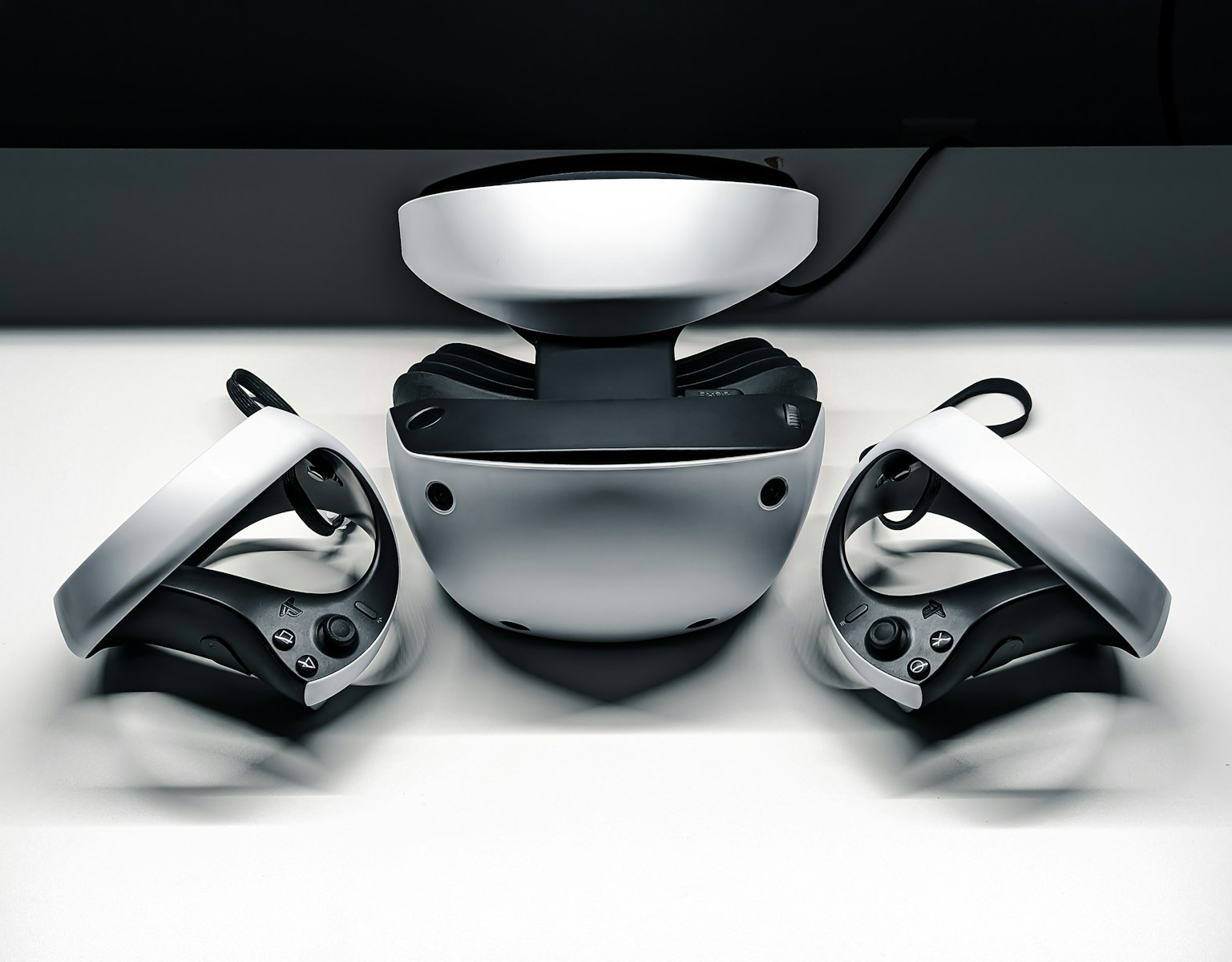Exploring the Outcomes of Smart City Initiatives with IoT for Real-Time Monitoring and Response
Transforming Urban Management Through Real-Time Monitoring with IoT
The outcomes of smart city initiatives with IoT for real-time monitoring have been transformative, particularly in rapidly evolving urban environments such as Dubai and Riyadh. These initiatives use interconnected IoT devices to provide continuous monitoring and immediate responses to various urban challenges, from traffic management to public safety. The data collected by these devices enables city authorities to make informed decisions in real-time, enhancing the overall efficiency and livability of the cities.
In Dubai, one of the world’s leading smart cities, the implementation of IoT technologies has revolutionized urban management. By deploying a network of sensors and cameras throughout the city, Dubai has established an advanced system for real-time traffic monitoring. This system helps to alleviate congestion, optimize traffic flow, and reduce travel times for residents and visitors alike. By analyzing data from these sensors, city planners can adjust traffic signals dynamically, respond promptly to incidents, and provide real-time traffic updates to commuters via smart apps. This level of responsiveness not only improves the daily commute but also contributes to reducing the city’s carbon footprint by minimizing idle times and fuel consumption.
Similarly, Riyadh has embraced IoT technology to enhance public safety and environmental monitoring. The city’s smart initiatives include the use of air quality sensors, noise pollution monitors, and surveillance cameras connected to a centralized IoT platform. This integrated approach allows authorities to monitor environmental conditions in real time and take immediate actions when necessary, such as issuing warnings to residents during periods of poor air quality. Furthermore, the ability to detect and respond to potential public safety threats swiftly has bolstered Riyadh’s reputation as a safe and resilient city. The success of these initiatives demonstrates how IoT-driven real-time monitoring can be a powerful tool for urban sustainability and public safety.
Enhancing Public Services and Citizen Engagement with IoT
One of the most notable outcomes of smart city initiatives with IoT for real-time monitoring is the enhancement of public services and increased citizen engagement. By providing city residents with real-time information and interactive platforms, IoT technologies empower citizens to play a more active role in their communities. In Dubai, smart bins equipped with IoT sensors alert waste management services when they are full, ensuring timely collection and maintaining the cleanliness of public spaces. This not only improves the efficiency of waste management but also enhances the overall aesthetic and environmental quality of the city.
In Riyadh, smart city initiatives have focused on improving public transportation services through real-time monitoring of bus and metro systems. IoT sensors installed on buses track vehicle locations, providing accurate arrival times to commuters via mobile apps and digital displays at bus stops. This level of transparency and reliability encourages the use of public transport, reducing the number of private vehicles on the road and contributing to the city’s efforts to reduce traffic congestion and pollution. Moreover, by offering real-time updates and alternative route suggestions, these systems enhance the overall commuting experience for residents.
Citizen engagement has also been a key focus of IoT-driven smart city initiatives. Both Dubai and Riyadh have developed smart apps that allow residents to report issues such as potholes, streetlight outages, or water leaks directly to city authorities. These reports are instantly logged into the city’s IoT platform, where they are prioritized and assigned to the appropriate teams for resolution. This streamlined communication channel not only improves the speed and effectiveness of municipal responses but also fosters a sense of community involvement, as residents feel more connected to the management of their city. By leveraging IoT for real-time monitoring and citizen engagement, smart cities can create a more responsive and inclusive urban environment.
Optimizing Resource Management and Sustainability Through IoT
Another significant outcome of smart city initiatives with IoT for real-time monitoring is the optimization of resource management, which is crucial for enhancing urban sustainability. In cities like Dubai and Riyadh, where water and energy conservation are top priorities, IoT technologies provide the tools needed to monitor and manage these resources efficiently. Smart water meters, for example, track usage patterns and detect leaks in real time, allowing for immediate corrective actions that prevent water wastage. By providing detailed insights into consumption, these IoT-enabled systems encourage residents and businesses to adopt more sustainable practices, contributing to the city’s broader environmental goals.
In addition to water management, IoT-driven energy management systems are making a substantial impact on urban sustainability. In Dubai, smart grids equipped with IoT sensors continuously monitor electricity usage across the city, identifying areas where energy is being wasted or could be conserved. These smart grids can also integrate renewable energy sources, such as solar power, by dynamically adjusting the energy supply based on real-time demand and availability. This flexibility not only enhances the reliability of the city’s energy infrastructure but also supports Dubai’s ambition to become a leader in renewable energy adoption.
Riyadh has also been proactive in using IoT for sustainable resource management. The city’s smart lighting initiatives use IoT sensors to adjust street lighting based on traffic flow and pedestrian activity, reducing energy consumption during low-traffic hours. This adaptive approach to lighting not only cuts down on electricity costs but also minimizes light pollution, improving the quality of life for residents. By leveraging IoT technology for real-time monitoring and response, Riyadh is making significant strides toward becoming a more sustainable and energy-efficient city.
Challenges and Future Directions for IoT in Smart Cities
While the outcomes of smart city initiatives with IoT for real-time monitoring have been overwhelmingly positive, there are challenges that cities must navigate to fully realize the potential of these technologies. One of the primary challenges is ensuring the security and privacy of the data collected by IoT devices. As these systems rely on vast amounts of data to function, protecting this information from cyber threats and unauthorized access is paramount. Cities must invest in robust cybersecurity frameworks, including encryption, access controls, and continuous monitoring, to safeguard their IoT ecosystems and maintain public trust.
Another challenge is the need for scalability and interoperability among the diverse range of IoT devices used in smart city projects. As cities expand their IoT networks, ensuring that all devices and platforms can communicate effectively is critical for maintaining the integrity and efficiency of the system. To address this, cities should prioritize the adoption of open standards and protocols that facilitate seamless integration and interoperability. By creating a flexible and scalable IoT infrastructure, cities can continue to innovate and adapt their smart city initiatives as technology evolves.
Looking to the future, the potential for IoT in smart cities is vast. As artificial intelligence, machine learning, and other advanced technologies continue to evolve, the capabilities of IoT platforms will only expand, offering new opportunities for enhancing urban management and sustainability. For business executives, mid-level managers, and entrepreneurs, understanding the role of IoT in smart city initiatives is essential for identifying areas of growth and investment in this rapidly advancing field.
Conclusion: The Future of Smart Cities with IoT Technology
The outcomes of smart city initiatives with IoT for real-time monitoring highlight the transformative impact of this technology on urban management and sustainability. By providing cities with the tools to monitor, analyze, and respond to challenges in real time, IoT is paving the way for more efficient, resilient, and livable urban environments. As cities like Dubai and Riyadh continue to expand their smart city initiatives, the integration of IoT technology will remain a cornerstone of their strategies for growth and innovation.
For urban planners, business leaders, and technology innovators, the lessons learned from these initiatives offer valuable insights into the potential of IoT to address the complex challenges of modern urban life. By embracing IoT for real-time monitoring and response, cities can not only improve public services and resource management but also foster greater engagement and collaboration with their residents. The future of smart cities is interconnected, and those who invest in IoT technology today will be at the forefront of shaping the urban landscapes of tomorrow.
—
#SmartCityInitiatives #IoTTechnology #RealTimeMonitoring #DigitalTransformation #SaudiArabiaTech #UAETechnology #UrbanPlanning #DubaiTech #RiyadhInnovation #SmartCities










